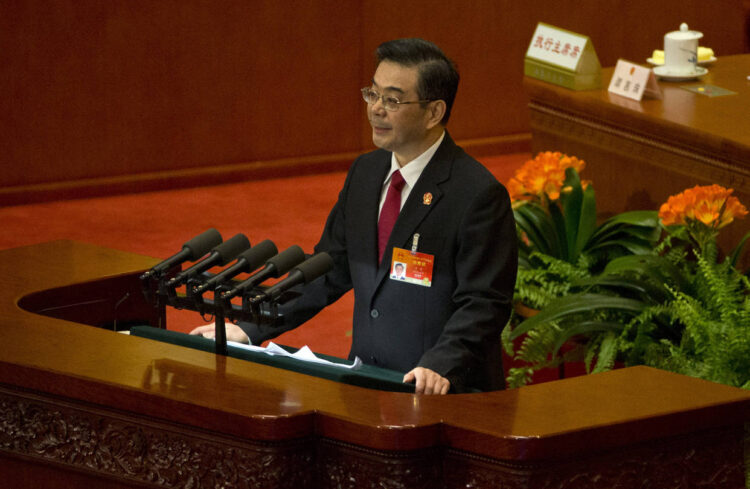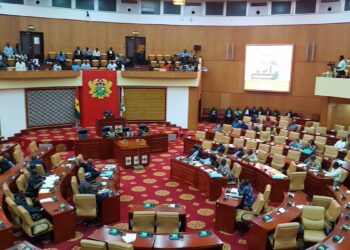China’s highest court and public prosecution agency have, for the first time, acknowledged crypto transactions in their updated interpretation of the country’s anti-money laundering laws.
At a joint press conference on August 19, representatives from the Supreme People’s Court and the Supreme People’s Procuratorate reportedly unveiled updated interpretations of China’s anti-money laundering laws, which becomes effective from today August 20.
A major change is the inclusion of virtual asset transactions as a method of money laundering. Under the new guidelines, converting and transferring criminal proceeds through cryptocurrency will now be classified as concealing the source and nature of illicit funds by “other means.”
Those convicted under the new rules will face penalties ranging from fines of 10,000 to 200,000 Chinese yuan (approximately $1,400 to $28,000). Additionally, more severe offenders may be sentenced to prison terms of five to ten years.
The amendments to the AML laws, consisting of 13 articles, aim to clarify the identification of money laundering crimes and the specific conditions under which regulations against “concealing and covering up” criminal proceeds apply. The changes also specify the fines and prison terms for violations of the AML laws.
The amendments follow Chinese Prime Minister Li Qiang’s earlier calls to revise AML laws to include crypto transactions. Authorities also pledged to crack down on crimes involving crypto and blockchain technology, with the People’s Procuratorate highlighting that crypto-related money laundering has become a significant method for criminals to conceal illicit wealth.
Earlier this year, China uncovered a massive illegal underground banking network valued at $1.9 billion, allegedly using cryptocurrencies to evade detection. After a two-year investigation, authorities arrested 193 suspects nationwide and froze assets worth 149 million yuan (about $20 million). The operation, led by individuals named Lin, Weng, and Chen, used USDT for foreign currency exchanges and was involved in smuggling medicine, cosmetics, and investment assets overseas. The Chengdu Municipal Public Security Bureau, alerted to the activities in November 2022, set up a task force and, with the Ministry of Public Security, dismantled the crime ring across 26 provinces in 2023.
If you would like to read more market analysis articles like this, visit DeFi Planet and follow us on Twitter, LinkedIn, Facebook, and Instagram.
“Take control of your crypto portfolio with MARKETS PRO, DeFi Planet’s suite of analytics tools.”





















